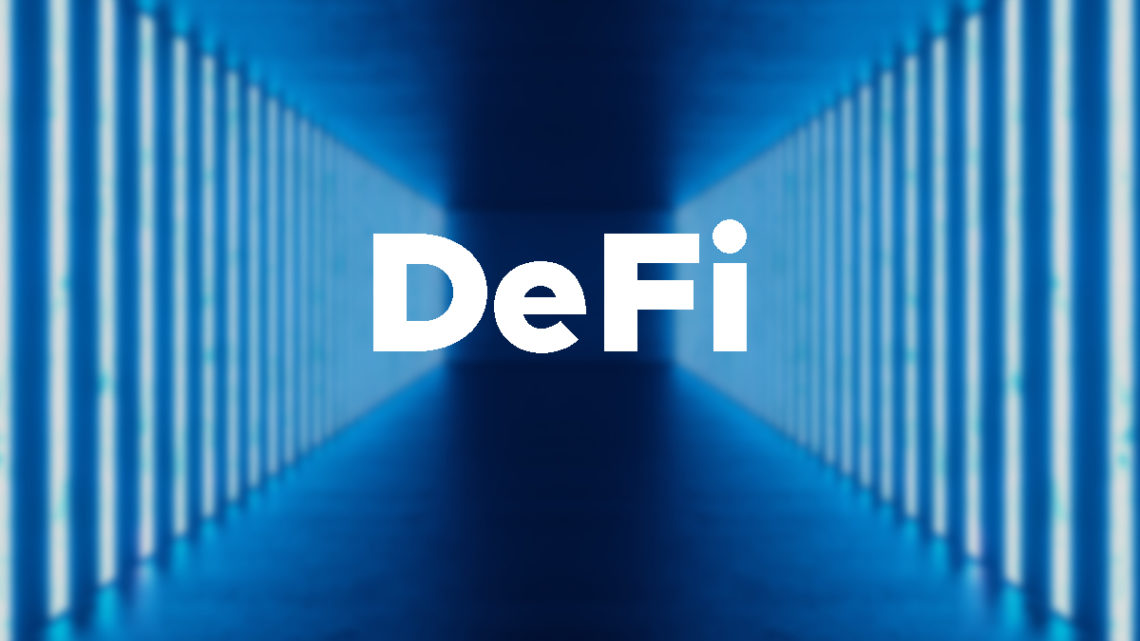- DeFi has become a reality, and it has infiltrated into every section of commerce
- DeFi has seen phenomenal growth, a tenfold increase over six months.
- $100 Billion is locked in DeFi platforms in 2021
DeFi has come of age and is a reality today. However, by its very definition, DeFi cannot be regulated. Dr. Arak Sutivong, CEO of Siam Commercial Bank (SCB) , believes that DeFi must be made amenable to interaction with traditional finance regimens that are in existence today.
Siam Commercial Bank president Dr. Arak Sutivong said that DeFi could not be regulated. Dr. Sutivong was giving his insight into how he views the future of DeFi, especially about regulations. CB 10X is the venture arm of SCB, Thailand’s oldest Bank. It is also one of the most significant venture capital funds in Southeast Asia. The Bank primarily invests in blockchain-based financial services, such as DeFi and digital assets.
The DeFi sector is seeing phenomenal growth.
Dr. Arak Sutivong was making his opening speech at the SCB 10X’s second annual global DeFi virtual summit, REDeFiNE. Dr. Arak said that DeFi had become a reality, and it has infiltrated every section of commerce. The sector is also seeing phenomenal growth, and it has seen a tenfold increase over six months. $100 Billion is locked in DeFi platforms in 2021. The sector has seen growth in almost every metric, including users, traded volume on exchanges, and developed DApps.
However, along with the growth and development, several issues must be addressed urgently. Dr. Sutivong was at pains to explain that a nascent industry like Digital currency is a perfect recipe for attacks by unscrupulous actors who use chinks in the system to commit frauds. The industry stakeholders and regulators have voiced concerns and want the unregulated industry to be brought under some form of regulatory authority. Tackling this over the medium- and long-term poses unique challenges.
DeFi cannot be completely regulated.
Dr. Sutivong said that by its very definition, DeFi could not be completely regulated. Therefore, the best way out is to create a framework that enables DeFi to be integrated with the rest of the financial ecosystem.
Dr. Sutivong’s views are pertinent under present circumstances where a series of interventions by global regulators and organizations, ranging from the proactive to the outright hostile actions. For example, we have seen a large-scale crackdown in China and Turkey. Even in the U.S., a section of economists wants DeFi to be brought under some form of regulatory authority.
The latest is Dan M. Berkovitz – commissioner of the United States Commodity Futures Trading Commission. Dan believes that DeFi derivatives platforms might contravene the country’s Commodity Exchange Act and thus be illegal.
However, it is welcome to see that these issues have woken authorities, and in June, the World Economic Forum published a policy toolkit for DeFi. It proposes a series of measures that will ensure the blossoming of aspirations for decentralization and privacy and, at the same time, preempt illicit activities like money laundering.
However, these measures will impose high costs on DeFi startups, discouraging more minor participants from entering the market. In addition, the concerns have made DeFi developers wary and unsure how the Financial Action Task Force’s recommendations for regulating virtual asset service providers (VASPs) will affect them.
Anurag is working as a fundamental writer for The Coin Republic since 2021. He likes to exercise his curious muscles and research deep into a topic. Though he covers various aspects of the crypto industry, he is quite passionate about the Web3, NFTs, Gaming, and Metaverse, and envisions them as the future of the (digital) economy. A reader & writer at heart, he calls himself an “average guitar player” and a fun footballer.


 Home
Home News
News










